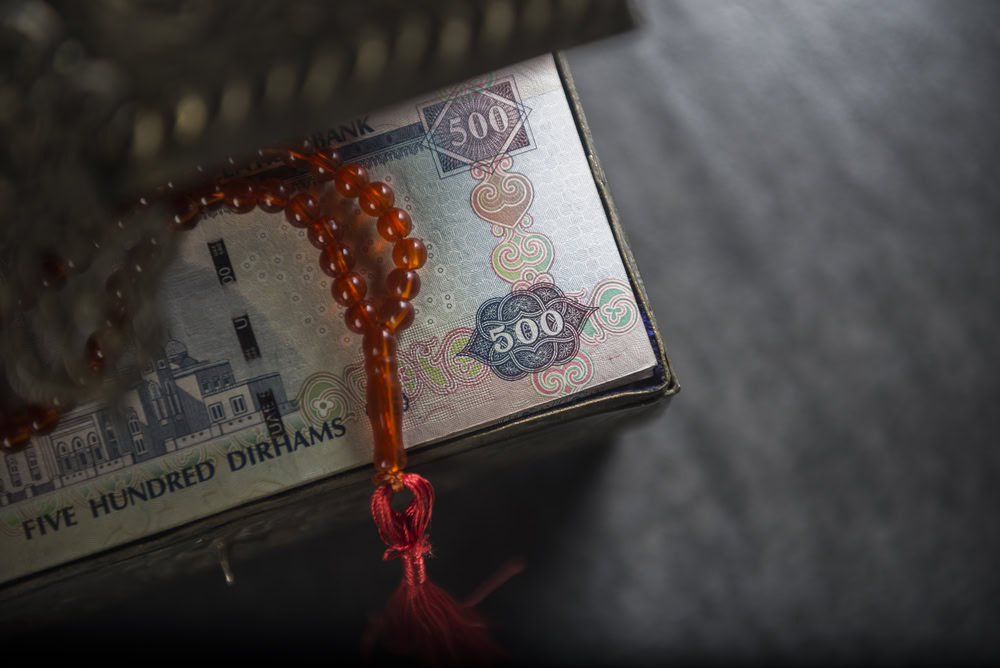Is Dowry Due Before Marriage Contract?
Shafi'i Fiqh
Answered By Shaykh Dr. Muhammad Fayez Awad
Question
Is a man obliged to pay a dowry to a woman if he cancels their engagement before they sign a marriage contract?
Answer
Praise be to Allah, Lord of the Worlds, and peace and blessings be upon the Messenger of Allah, his family, and all his companions.
The dowry (mahr) is obligatory in every marriage according to the saying of Allah (Most High):
“Also (forbidden are) married women—except (female) captives in your possession. This is Allah’s commandment to you. Lawful to you are all beyond these—as long as you seek them with your wealth in a legal marriage, not in fornication. Give those you have consummated marriage with their due dowries. It is permissible to be mutually gracious regarding the set dowry. Surely Allah is All-Knowing, All-Wise.” [Quran, 4:24]
This above verse stipulates the requirement for a dowry; however, mentioning the dowry in the marriage contract is not a condition for the validity of the marriage. It is permissible to have a marriage without naming the dowry, as agreed upon by the jurists, according to the saying of Allah (Most High):
“There is no blame if you divorce women before the marriage is consummated or the dowry is settled. But give them a (suitable) compensation—the rich according to his means and the poor according to his. A reasonable compensation is an obligation on the good-doers.” [Quran, 2:236]
This ruling confirms the validity of divorce without specifying a dowry, and divorce occurs only within a valid marriage.
Marriage and Dowry (Mahr)
It was narrated from Ibn Mas‘ud about a man who married a woman but did not specify a dowry for her and did not touch her until he died. He replied by saying: “I say in this matter according to my opinion. If it is correct, it is from Allah, and if it is wrong, it is from me. I think she should be given a dowry like that of her peers, without excess or deficiency. She must observe the waiting period (‘idda) and is entitled to inheritance.” Then Ma‘qil ibn Sinan al-Ashja‘i stood up and said: “I testify that you have judged in her matter with the judgment of the Messenger of Allah, peace be upon him, in the case of Birwa‘, daughter of Washiq – a woman from Bani Ruwas.” [Ibn Hibban; Hakim; Nasai’i]
The Shafi‘is and Hanbalis have explicitly stated that it is recommended to specify the dowry in marriage; because the Prophet (Allah bless him and give him peace) did not conduct a marriage without it; and because it prevents disputes.
Legal Rulings
However, the dowry is not legally due unless there is a valid marriage contract with the woman. Therefore, the woman is not entitled to any part of the dowry before the contract. If she has received it, considering it as a dowry, she must return the entire amount.
There is no disagreement among scholars on this matter; the dowry and its related rulings are connected to marriage, whether the marriage contract was concluded and consummated, or concluded without consummation. Even though the ruling on the dowry differs in these two scenarios upon separation, the dowry is only relevant to the marriage contract, not merely the engagement.
The Shafi‘i School defines the dowry as follows: “What is obligatory by marriage, intercourse, or involuntary loss of conjugal rights, such as through nursing or return of witnesses.” [Ramli, Nihayat al-Muhtaj]
These are the scenarios where the dowry is obligatory, and engagement is not among them. Therefore, it is not lawful for the woman to take it; rather, she must return it if she has received anything.
Thus, the opinions of all jurists converge on an important point: the dowry is only obligatory with a marriage contract. In the case of engagement, there is no marriage contract. Therefore, retaining the dowry after one party withdraws is holding onto wealth without a legitimate cause; she is not entitled to anything and must return the money to its owner if she has taken anything from the suitor.
According to the Shafi‘i school, the man has the right to retrieve even the gifts he presented.
Qalyubi said: “If the suitor himself, his agent, or his guardian gave something edible, drinkable, cash, or clothing to his fiancée or her guardian, and then withdrawal occurred from either side or from one of them, or death occurred to either, or one of them, the giver or his heirs are entitled to recover everything he gave if it was before the contract in all cases.” [Qalyubi and ‘Umayra, Hashiyat al-Qalyubi wa ‘Umayra ‘ala Kanz al-Raghibin]
Praise be to Allah, Lord of the worlds.
[Shaykh] Dr. Muhammad Fayez Awad
